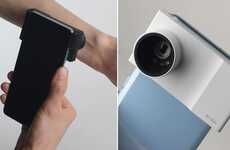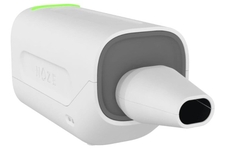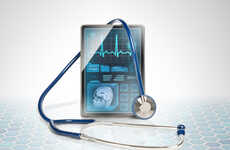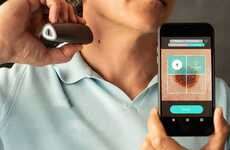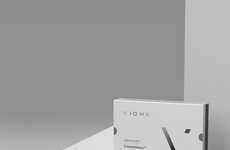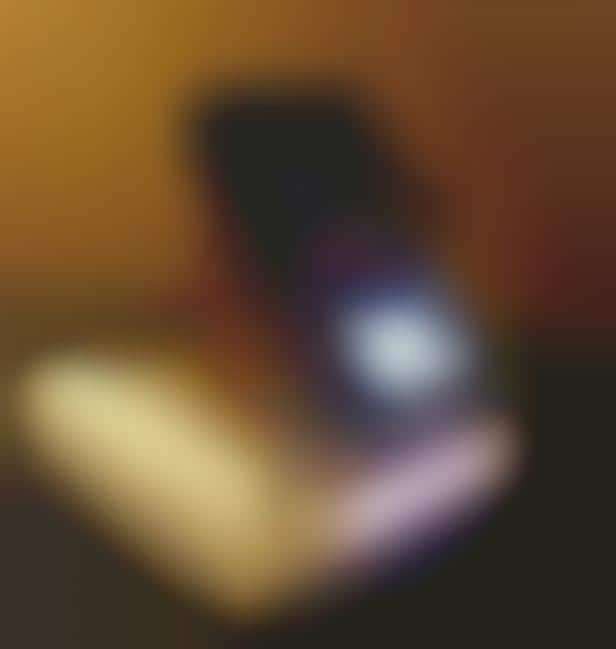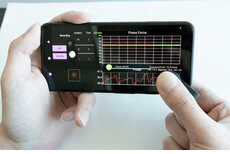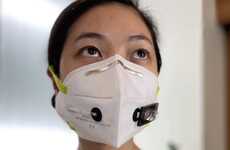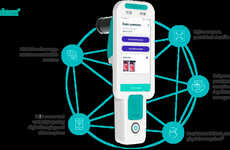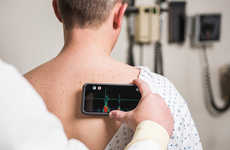
This Inexpensive Sensor Can Detect Biological Markers Of Cancer
Rahul Kalvapalle — October 20, 2016 — Lifestyle
References: news.wsu.edu & sciencedirect
A group of scientists and engineers working out of Washington State University have gone ahead and developed a remarkably inexpensive smartphone sensor that is designed to be able to attach to devices and detect the presence of tell-tale cancer bio-markers.
While the concept of disease-detecting smartphone sensors is not new altogether, what makes this particular offering unique is the fact that it can monitor eight samples at a time. The device is said to be able to perform with 99 percent accuracy despite its portable form factor.
Ultimately, the big advantage with this smartphone sensor is that it allows diagnostic teams to enjoy quality as well as quantity, by enabling them to test large samples at a time without having to compromise on precision.
While the concept of disease-detecting smartphone sensors is not new altogether, what makes this particular offering unique is the fact that it can monitor eight samples at a time. The device is said to be able to perform with 99 percent accuracy despite its portable form factor.
Ultimately, the big advantage with this smartphone sensor is that it allows diagnostic teams to enjoy quality as well as quantity, by enabling them to test large samples at a time without having to compromise on precision.
Trend Themes
1. Disease-detecting Smartphone Sensors - Developing inexpensive smartphone sensors that can detect the presence of disease bio-markers has become an emerging market, with new opportunities for innovative technology solutions.
2. Multiplexed Detection Technology - Developing technology to monitor multiple samples at once is an area of focus for disruptive innovation.
3. Portable Diagnostic Devices - The trend towards portable, easy to use diagnostic medical devices is creating opportunities for new products and services.
Industry Implications
1. Healthcare Industry - There are opportunities for innovative companies to develop new diagnostic technologies for the healthcare industry.
2. Biotech Industry - The development of multiplexed detection technology has potential applications across the biotech industry from clinical research to bio-manufacturing.
3. Pharmaceutical Industry - Portable diagnostic devices that can detect biological markers could support the pharmaceutical industry in improving the accuracy and efficiency of clinical trials.
3.2
Score
Popularity
Activity
Freshness

